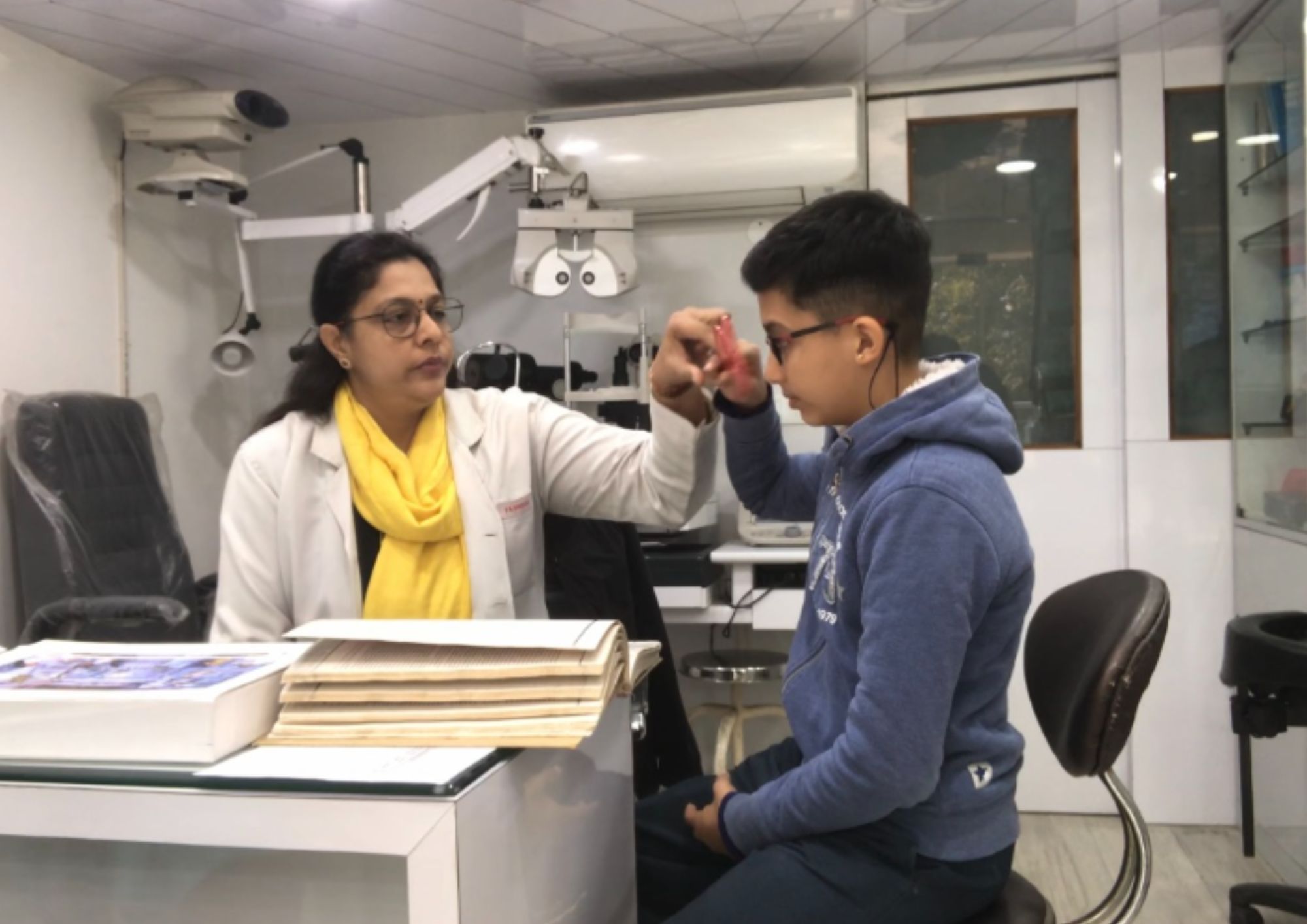Refractive Surgeries in AL: Improve Your Vision with Expert Treatment
Refractive Surgeries in AL: Improve Your Vision with Expert Treatment
Blog Article
Comprehending the Different Eye Conditions Treated by Specialized Eye Treatment Professionals
In the realm of eye treatment, specialized professionals play an important duty in diagnosing and treating a vast range of eye conditions. From typical refractive errors that impact vision quality to age-related problems that position difficulties as we age, the experience of these specialists extends to taking care of vision-threatening conditions and intricate corneal problems. The intricacies of neurological eye conditions present distinct challenges that demand specialized care. As we get started on this expedition of the numerous eye problems resolved by specialized eye care experts, it ends up being apparent that the elaborate internet of ocular health and wellness holds a myriad of interesting understandings waiting to be uncovered.
Usual Refractive Errors
Refractive mistakes prevail visual conditions brought on by a flaw in the eye's capability to properly focus light, leading to blurred vision. The most prevalent types of refractive mistakes include myopia (nearsightedness), hyperopia (farsightedness), astigmatism, and presbyopia. Myopia occurs when the eyeball is as well lengthy or the cornea is also bent, causing remote challenge show up fuzzy. Hyperopia, on the other hand, happens when the eyeball is also brief or the cornea is as well level, resulting in close-by items being out of focus. Astigmatism is defined by an irregularly shaped cornea, resulting in distorted or blurred vision at all ranges. Presbyopia is an age-related problem where the lens sheds its versatility, making it tough to concentrate on close objects.
These refractive errors can be dealt with with different methods, consisting of eyeglasses, call lenses, or refractive surgical treatment. Eye treatment experts play a crucial function in diagnosing and taking care of refractive errors to aid individuals attain clearer vision and boost their quality of life.
Age-Related Eye Problems
As people age, their eyes might be vulnerable to a selection of conditions beyond refractive mistakes that can impact their vision and general ocular health and wellness. Age-related eye conditions are typical and can significantly impact the quality of life for older grownups. One of the most common age-related eye problems is age-related macular degeneration (AMD), a condition that causes main vision loss and can make tasks like reading and driving challenging. refractive surgeries in al. Cataracts, one more usual condition among older individuals, cause clouding of the eye's natural lens, causing obscured vision. Glaucoma, characterized by damage to the optic nerve, is likewise a lot more widespread with age and can result in field of vision loss or blindness if left untreated. Additionally, presbyopia, a condition where the eye's lens sheds adaptability, is a natural part of aging and results in problem concentrating on close things. Normal eye tests with specialized eye treatment professionals are essential for very early discovery and monitoring of these age-related eye problems to maintain vision and maintain ocular health and wellness as people get older.
Vision-Threatening Diseases
Vision-threatening conditions incorporate an array of significant eye conditions that have the potential to considerably impact a person's vision and general visual feature. These illness position a risk of irreversible vision loss otherwise quickly diagnosed and dealt with by specialized eye treatment professionals. Some usual vision-threatening conditions include glaucoma, diabetic person retinopathy, age-related macular deterioration (AMD), and retinal detachment.
Glaucoma is a group of eye conditions that harm the optic nerve, typically due to high intraocular stress, causing field of vision loss and possible blindness if left untreated. Diabetic retinopathy is a complication of straight from the source diabetic issues that affects capillary in the retina, triggering vision problems or blindness. AMD is a dynamic condition affecting the macula, causing central vision loss. Retinal detachment happens when the retina separates from its underlying cells, resulting in unexpected vision loss that requires instant clinical interest (refractive surgeries in al).
Early discovery, normal eye exams, and prompt treatment are important in taking care of vision-threatening illness to maintain eyesight and preserve lifestyle. Specialized eye care professionals play a crucial role in diagnosing, treating, and handling these problems to stop permanent vision loss.

Corneal Problems
Corneal conditions encompass a range of conditions that influence the transparent front component of the eye, referred to as the cornea. These problems can cause discomfort, aesthetic disruptions, and in serious cases, vision loss. One typical corneal disorder is keratoconus, where the cornea thins and protrudes outward right into a cone form, triggering astigmatism and obscured vision. Corneal dystrophies, such as Fuchs' dystrophy, lead to gradual vision loss because of abnormal deposits in the cornea. Corneal abrasions, often triggered by injury or international objects, can cause pain, inflammation, and level of sensitivity to light. Additionally, infections like keratitis can irritate the cornea, possibly resulting in scarring and vision problems if not quickly dealt with. Treatment for corneal disorders differs relying on the particular problem yet may include drugs, contact lenses, or in serious situations, corneal transplants. Normal eye exams are vital for very early discovery and management of corneal problems to protect vision and eye health and wellness.
Neurological Eye Problems
Neurological eye problems entail problems that influence the link in between the eyes and the mind, affecting aesthetic handling and total eye feature. These problems can materialize in different methods, affecting vision, eye motions, and even the sychronisation between the eyes. One typical neurological eye condition is optic neuritis, characterized by inflammation of the optic nerve leading to vision loss, shade desaturation, and discomfort with eye activity.
One more considerable condition is nystagmus, where the eyes make repetitive, unchecked activities, influencing aesthetic acuity and depth assumption. In addition, conditions like amblyopia, typically referred to as "lazy eye," arise from irregular visual development in early childhood years, causing minimized vision in one eye.
Neurological eye conditions require customized treatment from professionals like neuro-ophthalmologists that have knowledge in both neurology and ophthalmology. Diagnosis often entails a detailed eye evaluation, imaging researches, and partnership with neurologists to address the underlying neurological problems affecting the aesthetic system. Treatment approaches can consist of medication, vision treatment, or in serious cases, medical interventions to take care of these complex problems successfully.

Final Thought
Finally, specialized eye care professionals treat a vast array of eye problems, including common refractive errors, age-related eye problems, vision-threatening illness, corneal conditions, and neurological eye conditions - refractive surgeries in al. By understanding these numerous problems and seeking suitable treatment from eye treatment experts, individuals can maintain optimum eye this link health and wellness and vision. It is very important to prioritize normal eye evaluations and follow advised Click This Link therapy plans to preserve and shield one's vision for the future
Report this page